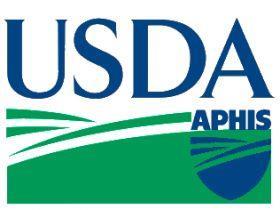
The US Department of Agriculture’s (USDA) Animal and Plant Health Inspection Service (APHIS) is making a number of changes to its fresh produce import protocols to facilitate access for certain fruits.
As part of the amendments, the agency said in a statement that it will allow from 16 May the entry of fresh pitahaya from Central America into the continental US under certain conditions.
In addition, APHIS has proposed to allow the import of fresh bananas from the Philippines into the continental US provided they are produced in accordance with a specific phytosanitary protocol and exports are accompanied by a phytosanitary certificate and other documentation.
The agency has also prepared a pest risk analysis to evaluate the risks associated with the import of fresh strawberries from Egypt into the continental US based on the analysis that the application of one or more designated phytosanitary measures will be sufficient to mitigate the risks of introducing or disseminating plant pests or noxious weeds into the US.
As of 16 May, APHIS will also amend the regulations governing the import of Spanish clementines by removing the requirement to inspect a specificnumber of clementines per consignment intended for export to the US.
In place of the set number, inspectors will be required to cut and inspect a sample of clementines determined by APHIS.
In a further move, APHIS has amended its approach to Chilean pomegranate imports by allowing exporters to alternative disease mitigation measures to methyl bromide.
The new measures for Chilean pomegranates will also require the fruit to be grown in registered areas of production and undergo pre-harvest sampling as well as a post-harvest processing inspection at an approved site in Chile.
Each consignment of the fruit destined for the US market will also need to carry a phytosanitary certificate and inspection documentation to show the pomegranates are free of Brevipalpus chilensis.



